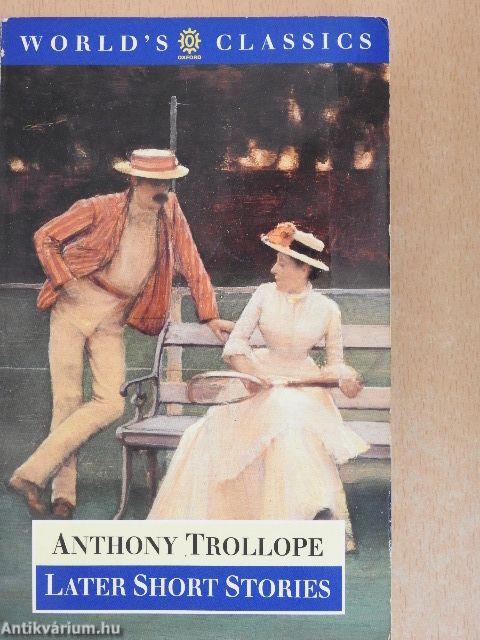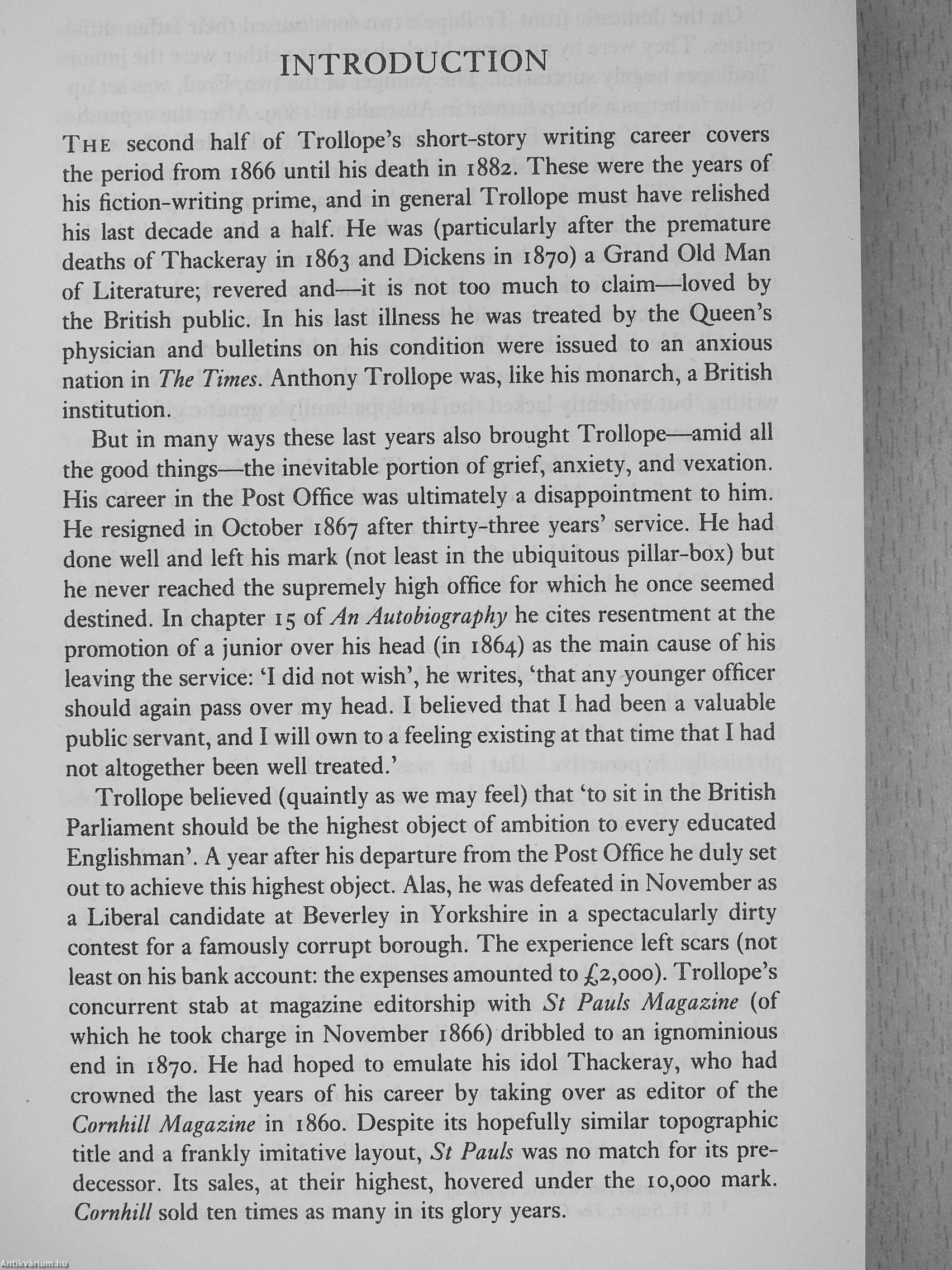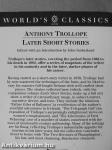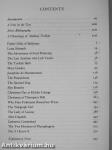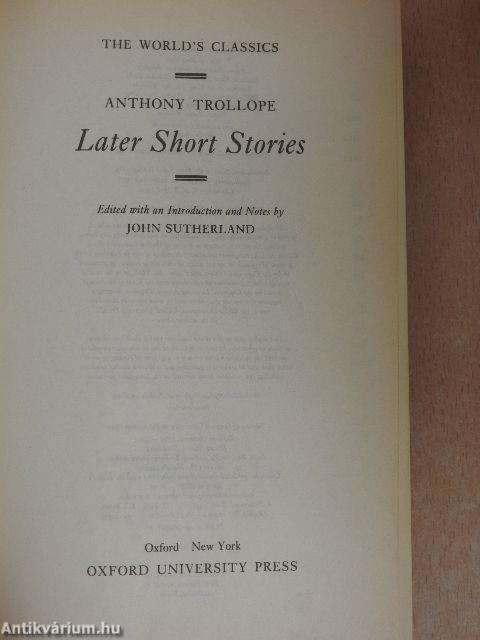1.067.317
kiadvánnyal nyújtjuk Magyarország legnagyobb antikvár könyv-kínálatát

VISSZA
A TETEJÉRE
JAVASLATOKÉszre-
vételek
Later Short Stories
| Kiadó: | Oxford University Press |
|---|---|
| Kiadás helye: | Oxford-New York |
| Kiadás éve: | |
| Kötés típusa: | Ragasztott papírkötés |
| Oldalszám: | 598 oldal |
| Sorozatcím: | The World's Classics |
| Kötetszám: | |
| Nyelv: | Angol |
| Méret: | 19 cm x 12 cm |
| ISBN: | 0-19-282988-2 |
naponta értesítjük a beérkező friss
kiadványokról
naponta értesítjük a beérkező friss
kiadványokról
Előszó
TovábbFülszöveg
WORLD'S W CLASSICS
Anthony Trollope Later Short Stories
Edited with an Introduction by John Sutherland
Trollope's later stories, covering the period from 1866 to his death in 1882, offer a series of snapshots of the writer in his maturity and in the later, darker phases of
his career.
Having started as a short-story writer in 1859, Trollope had by now mastered the techniques of the form, and he liked to vary his massive full-length fictions Avlth well-crafted short
pieces. The stories collected here (which, with the companion volume Early Short Stories, make up a full set) show a writer of extraordinary range, in subject-matter, narrative device, and tone. They include the hilarious 'Father Giles of Ballymoy' (a recollection of the author's youthful adventures in Ireland), 'The Telegraph Girl' (an exposition of Trollope's surprisingly enlightened views on
women's employment), and 'The Adventures of Fred Pickering', one of a number of stories concerned with the woes of... Tovább
Fülszöveg
WORLD'S W CLASSICS
Anthony Trollope Later Short Stories
Edited with an Introduction by John Sutherland
Trollope's later stories, covering the period from 1866 to his death in 1882, offer a series of snapshots of the writer in his maturity and in the later, darker phases of
his career.
Having started as a short-story writer in 1859, Trollope had by now mastered the techniques of the form, and he liked to vary his massive full-length fictions Avlth well-crafted short
pieces. The stories collected here (which, with the companion volume Early Short Stories, make up a full set) show a writer of extraordinary range, in subject-matter, narrative device, and tone. They include the hilarious 'Father Giles of Ballymoy' (a recollection of the author's youthful adventures in Ireland), 'The Telegraph Girl' (an exposition of Trollope's surprisingly enlightened views on
women's employment), and 'The Adventures of Fred Pickering', one of a number of stories concerned with the woes of nineteenth-century authorship. Many of the settings are far flung, reflecting Trollope's indomitable appetite for
tourism in his later years, but the collection concludes closer to home with 'The Two Heroines of Plumplington', his last, and most charming, Barchester chronicle. Vissza



